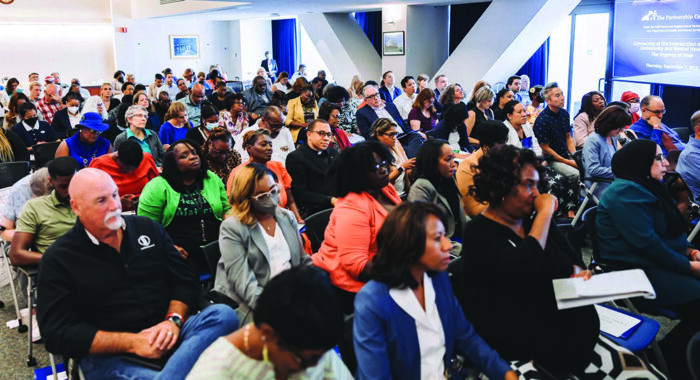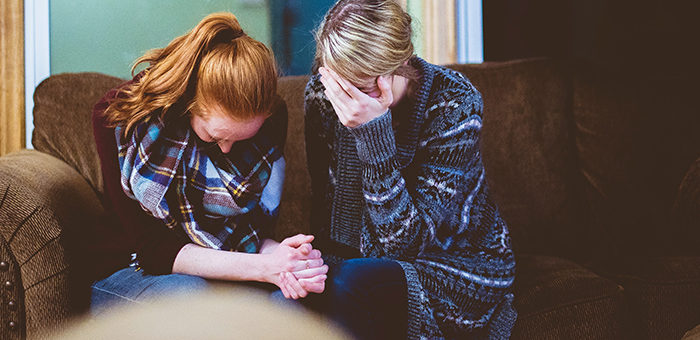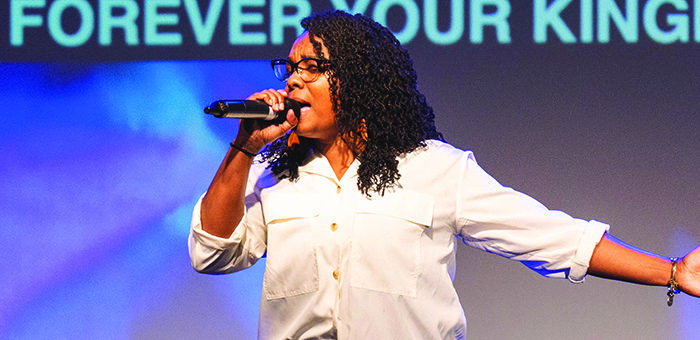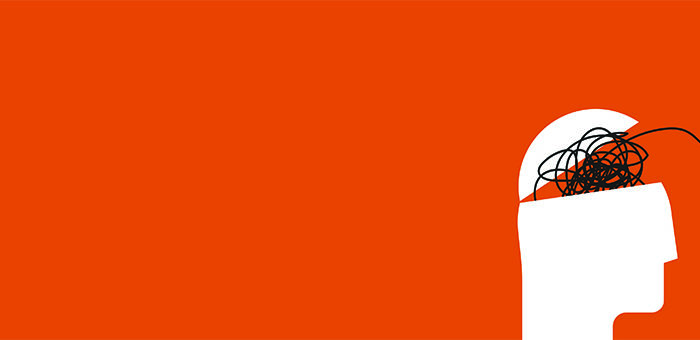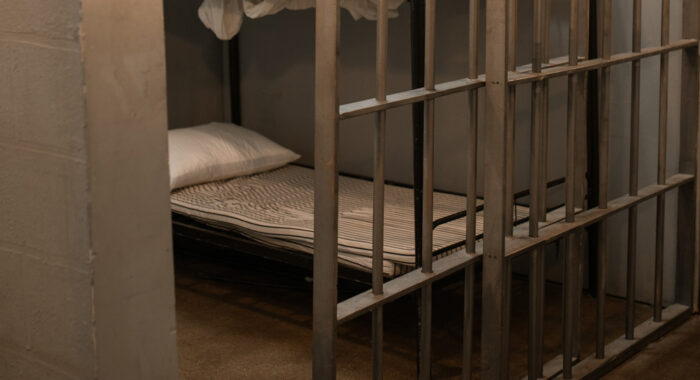In my office is a piece of art given to me by colleagues at church. The small, delicate bowl is made in the kintsugi (literally, “gold mending”) style, which is the Japanese craft of rejoining broken pottery pieces with lacquer and powdered gold or silver. The artist doesn’t hide the imperfections but rather embraces the fractures and illuminates them with golden or silvery seams. Brokenness is not rejected but remade.
Sometimes during the day, I pause from the work of ministry to look at this bowl, in order to remember what kind of work is ministry. We are new creations remade from the broken pieces of old creation. When we encounter the challenge of mental and emotional health, we feel this labor acutely.
Elijah was a tenacious, even ferocious, prophet. With the greatest of prophetic bravura, he defied and defeated 450 prophets of Baal and 400 prophets of Asherah (1 Kings 18:20–40). While this story inspires me, the next one connects with me deeply.
After his greatest spiritual victory, in which he called down fire from heaven, the rugged prophet was overcome with exhaustion not elation. When Queen Jezebel issued a threat, Elijah ran for his life. He left his servant behind and traveled into the wilderness. He came to a broom bush, sat down under it and prayed that he might die. “I have had enough, LORD,” he said. “Take my life; I am no better than my ancestors.” Then he lay down under the bush and fell asleep
(1 Kings 19:3–5).
Elijah was having a kintsugi moment. He was shattered by exhaustion and the loneliness of his ministry. Anxiety settled into depression, and he simply laid down to die. In that moment of mental and emotional brokenness, the Lord fed him and let him sleep some more (v. 6), brought him to the place of revelation (v. 8), spoke to him in tenderness (v. 12), and told him that he was not alone in the good fight (v. 18). God took the shattered pieces and mended them.
In his classic work, “The Wounded Healer,” Henri Nouwen offers a profound assessment of ministry and of human existence:
Nobody escapes being wounded. We all are wounded people, whether physically, emotionally, mentally or spiritually. The main question is not “How can we hide our wounds?” so we don’t have to be embarrassed, but “How can we put our woundedness in the service of others?” When our wounds cease to be a source of shame, and become a source of healing, we have become wounded healers.
Elijah and kintsugi pottery remind me that we don’t have to hide our brokenness — emotional or otherwise — but can offer them to the Master Craftsman to make us jars of clay for his glory (2 Corinthians 4:7).
This article originally appeared in Evangelicals magazine.
Walter Kim became the president of the National Association of Evangelicals in January 2020. He previously served as a pastor at Boston’s historic Park Street Church and at churches in Vancouver, Canada and Charlottesville, Virginia, as well as a campus chaplain at Yale University. He preaches, writes and engages in collaborative leadership to connect the Bible to the intellectual and cultural issues of the day. He regularly teaches in conferences and classrooms; addresses faith concerns with elected officials and public institutions; and provides theological and cultural commentary to leading news outlets. He serves on the boards of Christianity Today and World Relief and consults with a wide range of organizations. Kim received his Ph.D. from Harvard University in Near Eastern Languages and Civilizations, his M.Div. from Regent College in Vancouver, and his B.A. from Northwestern University.




 View All Articles
View All Articles 

